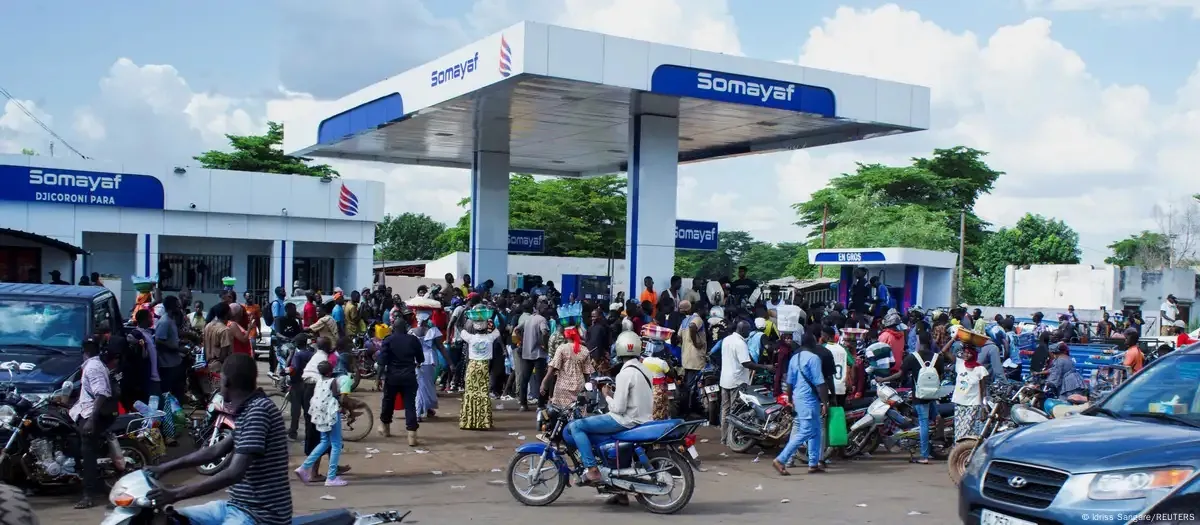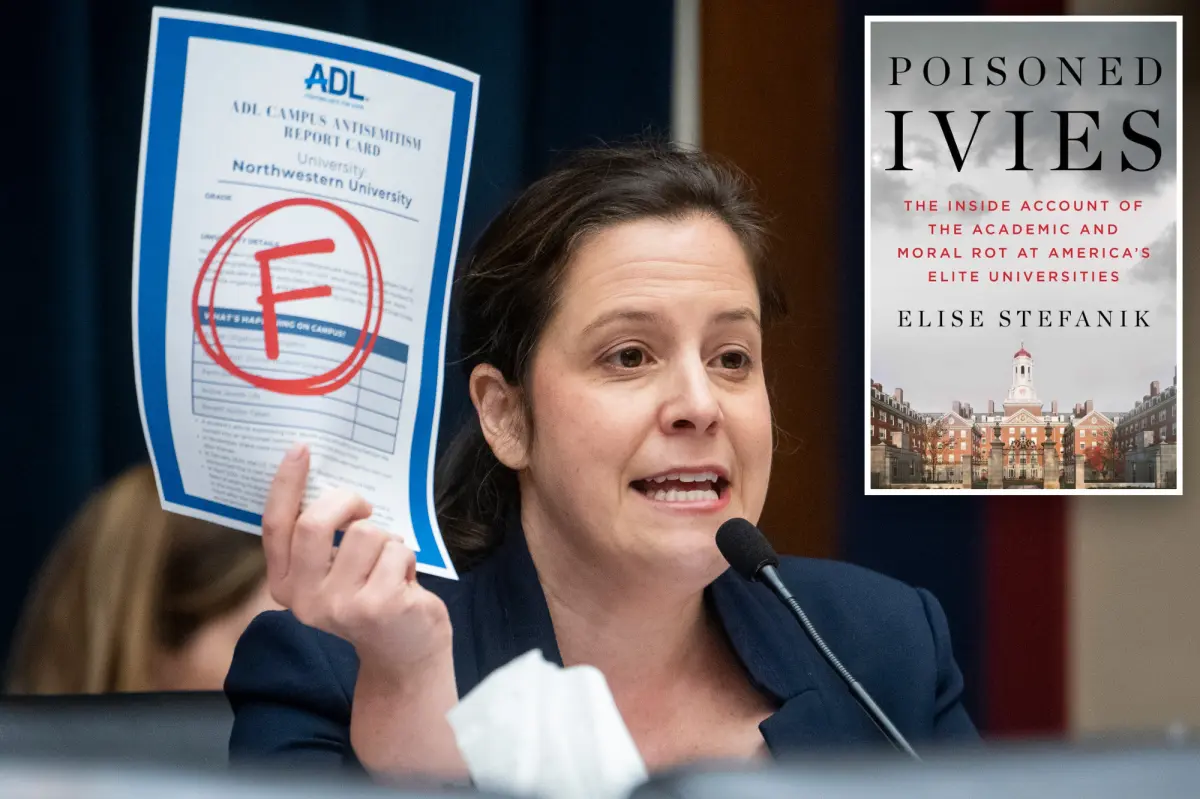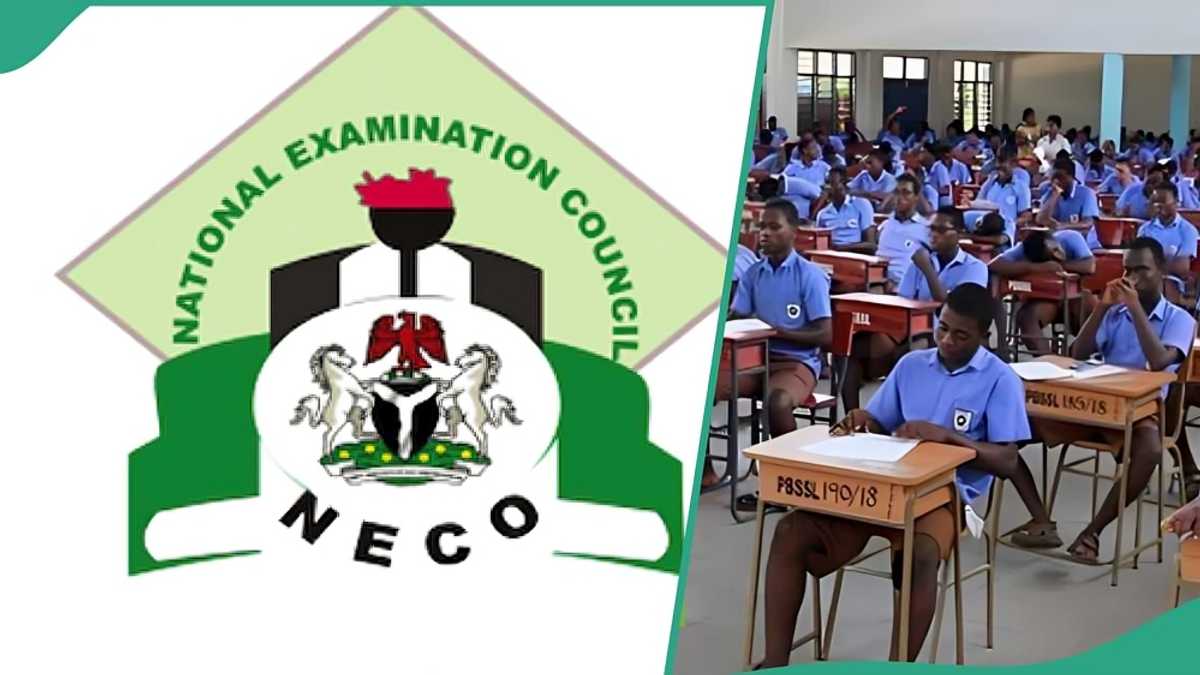Copyright tribuneonlineng

Mali has shut down all schools and universities nationwide due to a severe fuel crisis caused by a blockade imposed by the al-Qaeda-affiliated militant group, Jama’at Nusrat al-Islam wal-Muslimin (JNIM). The blockade, which began in early September, has targeted fuel imports from neighboring countries, leaving hundreds of fuel trucks stranded at the border and severely disrupting transportation, commodity prices, and daily life. Education Minister Amadou Sy Savane announced the school closures until November 9, citing disruptions in academic activities and fuel supplies. He also confirmed that authorities are “doing everything possible” to end the crisis and to restore normal fuel supplies so that classes can resume on November 10. Mali’s capital, Bamako, and other areas have been experiencing a fuel shortage for weeks due to a blockade imposed by al-Qaeda-affiliated militants, who have attacked fuel tankers on major highways, disrupting supplies. According to the BBC, the situation highlights Mali’s vulnerabilities as a landlocked nation dependent on overland imports, with the blockade exacerbating existing security and economic challenges. In Bamako, fuel scarcity has led to long queues at petrol stations, and the city’s streets have become unusually quiet. Despite the military government’s assurance that the issue was temporary, the crisis continues, affecting the citizens’ daily life. The US Embassy in Bamako, around last week, has advised non-essential diplomatic staff and their families to leave Mali due to the worsening fuel shortage and growing security concerns. The embassy cited disruptions to electricity supplies and potential impacts on the overall security situation. Mali is currently under the rule of a military junta led by Gen Assimi Goïta, who took power in a 2021 coup with popular support, promising to address the country’s security crisis. However, the UN peacekeeping mission and French forces, deployed in 2013 to combat the growing insurgency, have withdrawn since the military junta took power. The government has since hired Russian mercenaries to address security concerns, but the jihadist insurgency persists, with significant areas in the north and east remaining outside government control. ALSO READ TOP STORIES FROM NIGERIAN TRIBUNE



